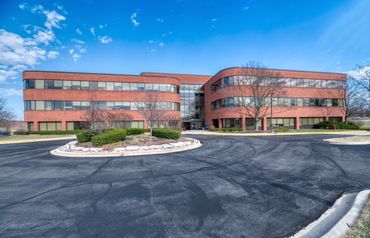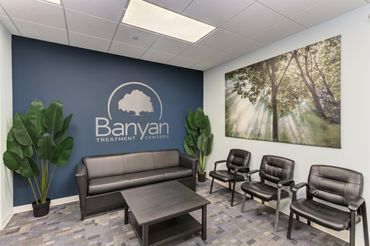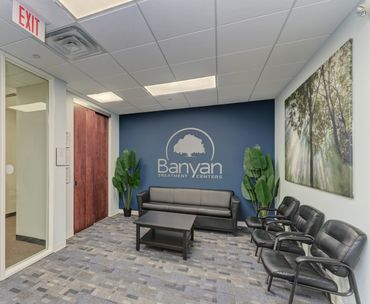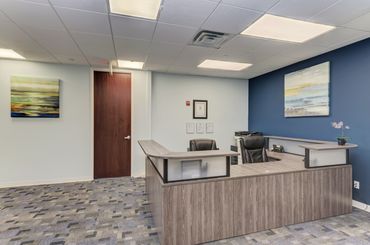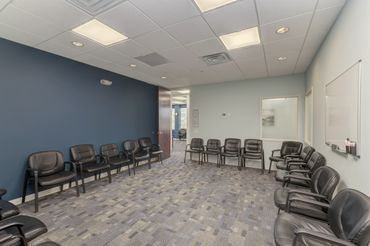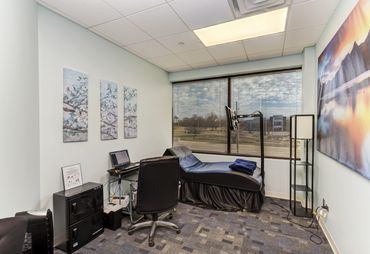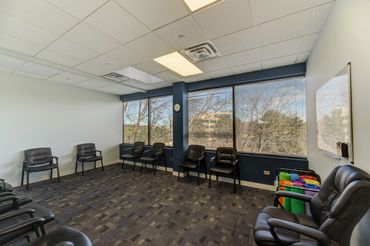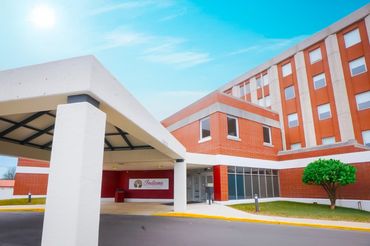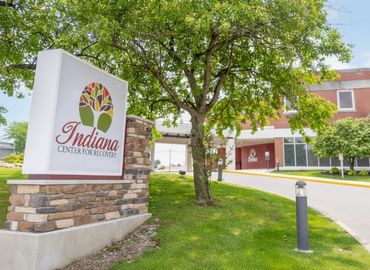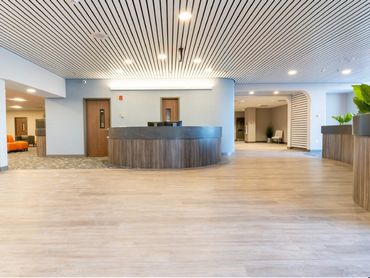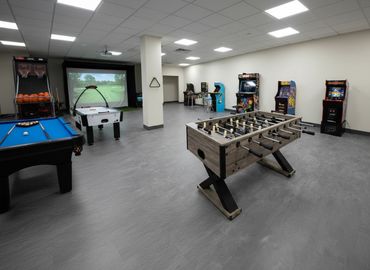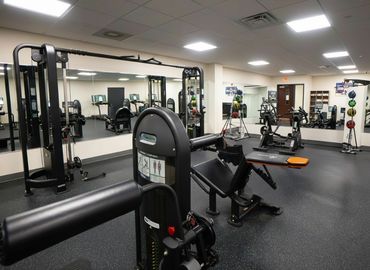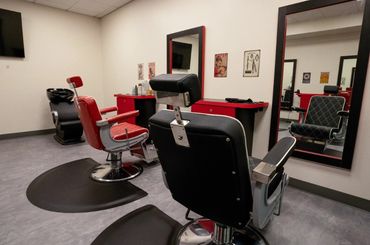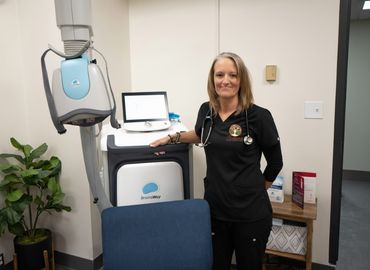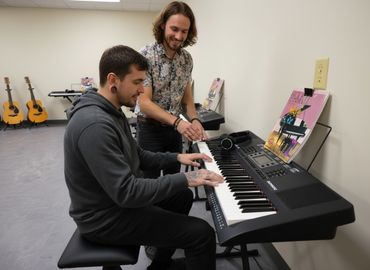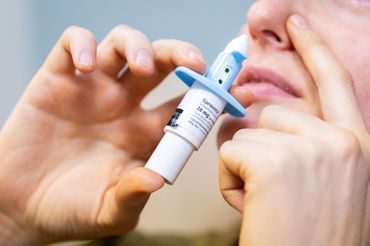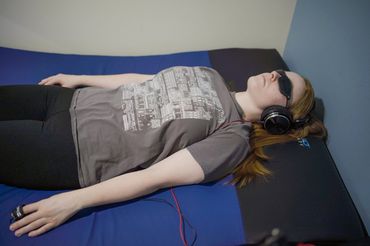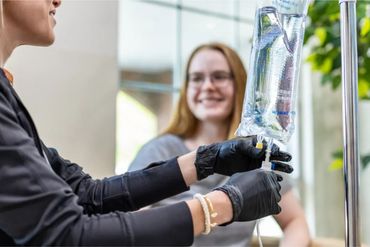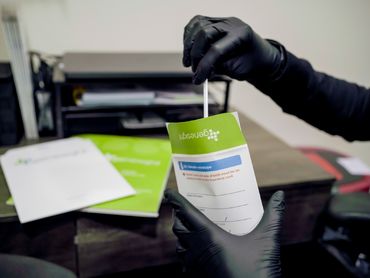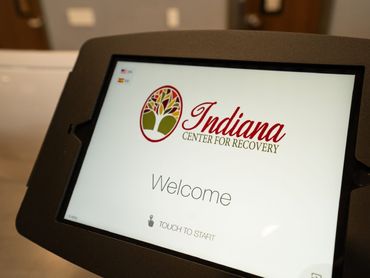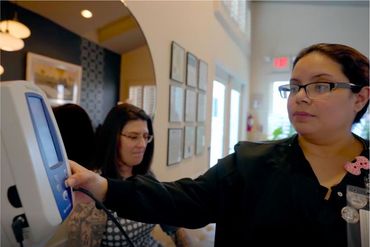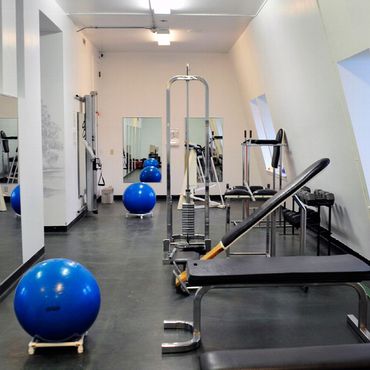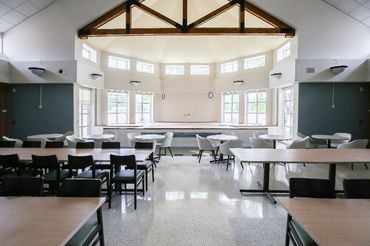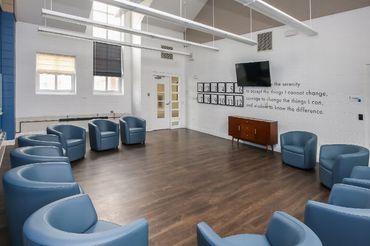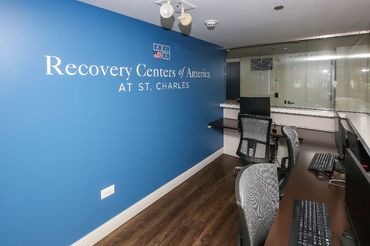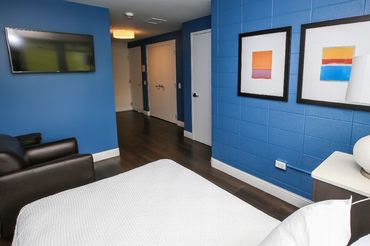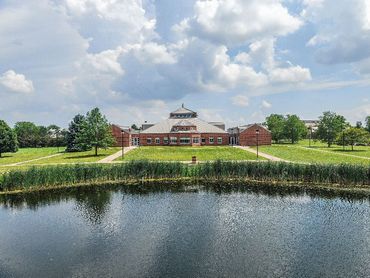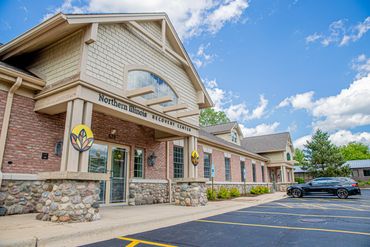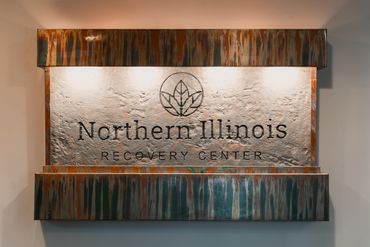
Drug & Alcohol Rehab Centers near Chicago, IL
If you or a loved one is suffering from a substance use disorder in Chicago, Illinois, seeking help is a crucial first step on the path to recovery. However, it is essential to understand your treatment and payment options beforehand to ensure that you or your loved one can access the help needed for a successful journey to sobriety.
Treatment Centers near Chicago, IL


Open to Travel? Check out Top-Rated Options
All Treatment Centers near Chicago, IL
Are You Covered For Treatment?
- Joliet Rehabs
- Peoria Rehabs
- Springfield Rehabs
- Waukegan Rehabs
- Elgin Rehabs
- Rockford Rehabs
- Aurora Rehabs
- Charleston Rehabs
- Arlington Heights Rehabs
Information About Rehab in Chicago
Latest Reviews
Latest Reviews of Rehabs in Illinois
Jesse Brown Veterans Affairs Medical Center
Veterans Aftercare. NO BUS PASSES FOR OUTPATIENT. One on one individual counseling as well as group sessions were exceptional.
Symetria — Chicago
I have been clean before and I didn’t want to slip back into full blown addiction. I thought that everyone was great and very comforting during a not stop comfortable time.
Area Information
Chicago, the Windy City, is a bustling metropolis nestled in the heart of the Midwest. With its rich history, diverse culture, and iconic skyline, Chicago is home to over 2.7 million residents.1 The city’s vibrant neighborhoods offer an eclectic mix of art, music, and culinary delights, while Lake Michigan’s shores provide scenic beauty and recreational opportunities. Known for its professional sports teams, architectural marvels like the Willis Tower, and renowned museums, Chicago is a dynamic urban center that beckons both locals and visitors alike.
Substance Misuse and Addiction in Chicago, Illinois
The problem of substance misuse and abuse looms large over Chicago and Cook County at large. As of 2015, a staggering total of 647 drug overdose deaths linked to opioids occurred in Cook County, Illinois.2 Among these, 426 fatalities were concentrated within the city of Chicago, while the remaining 221 were spread across suburban Cook County.2 Alarmingly, the rate of opioid-related overdose deaths in Chicago stood at 15.5 per 100,000, surpassing the national rate of 10.4 per 100,000 by a significant margin.2 Furthermore, it was 1.7 times higher than the rate observed in suburban Cook County, underscoring the severity of the issue within the city.2
Drug and Alcohol Rehab
Drug and alcohol rehabilitation offers a variety of programs and services to aid in the journey to recovery, tailored to individual needs and preferences.
What Happens in Drug and Alcohol Rehab?
Entering rehab involves multiple levels of care, including detox, inpatient, outpatient, and aftercare, to address each individual’s unique recovery journey. The duration of treatment varies based on an individual’s unique circumstances such as the severity of addiction or the presence of co-occurring disorders. Because of this, an initial evaluation with an medical professional is necessary to determine which of these rehab stages is best suited to the individual.
Detox Programs
Detoxification is the initial step on the path to recovery, designed to help individuals safely manage the physical and psychological symptoms of withdrawal. Medically monitored and supervised, detox programs provide a supportive environment where medical professionals offer medications and round-the-clock care to ease the discomfort and risks associated with withdrawal. These programs are essential as they allow individuals to break free from the immediate grip of substance dependence, paving the way for a comprehensive rehabilitation journey that addresses the root causes of addiction and facilitates long-term recovery.
How Long Is Detox in Rehab?
While the duration of detox typically lasts from 3 to 7 days, it can vary depending on various factors, such as the type and amount of substances used, the individual’s overall health, and their specific needs.
Inpatient Drug and Alcohol Rehab
Inpatient drug rehab is an intensive, residential approach to addiction treatment that creates a structured and supportive environment for individuals seeking recovery. These programs typically last for 30, 60, or 90 days, offering an extended period of care to address both the physical and psychological aspects of addiction. Inpatient programs employ a variety of therapeutic approaches, including individual and group therapy, counseling, and holistic treatments.
Group therapy, in particular, plays a pivotal role in keeping patients on track with their healing journey. It provides a platform for individuals to connect with others facing similar challenges, fostering a sense of community and shared purpose. In addition to addiction treatment, inpatient programs often address co-occurring disorders, which can complicate recovery. These programs are designed to create a nurturing and controlled environment where individuals can focus on their well-being, free from the distractions and triggers that may exist in their everyday lives.
Outpatient Drug and Alcohol Rehab
Outpatient rehab offers individuals the flexibility to receive treatment while continuing to live at home and attend work or school. These programs are structured to provide tools for aftercare and relapse prevention.
Outpatient treatment typically involves regular counseling and therapy sessions, allowing individuals to apply the strategies they’ve learned in their daily lives. This approach can be particularly beneficial for those who have completed inpatient programs or for individuals with milder substance use issues. Additionally, IOP and PHP outpatient programs equip patients with essential skills to maintain sobriety and manage the challenges of recovery, making it a crucial component of a comprehensive treatment plan.
How Much Does Rehab Cost?
The cost of rehab can be daunting, but it should not deter you from seeking help. There are various payment options available, such as:
- Payment Plans
- Government Grants and Scholarships
- Free Rehab
- State-Funded Rehab
Does Insurance Cover Drug and Alcohol Rehab?
Most insurances cover at least partial costs of rehab, making it accessible to a broader range of individuals. Widely accepted drug rehab insurances include:
Finding The Best Rehab Center
Chicago, Illinois Drug and Alcohol Rehab Facilities
Individuals can utilize our rehab locator tool to find treatment facilities nearby, making the process of seeking help more accessible and efficient. While local facilities may be convenient, it’s often advised to consider out-of-state options to minimize potential distractions and increase the likelihood of a successful recovery journey. Our rehab locator allows you to explore a variety of options, both in Illinois and beyond, enabling you to make an informed choice that best suits your specific needs.
Sources
- United States Census Bureau. Chicago, Illinois. July 1, 2022.
- The Chicago Department of Public Health, Cook County Department of Public Health, Cook County Health and Hospital Systems, and Illinois Department of Public Health. Epidemiology Brief: Opioid Related Overdose Deaths in Cook County, IL, 2015. May 2017.
